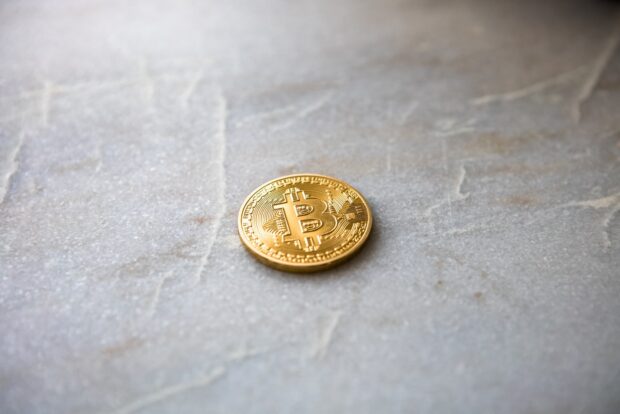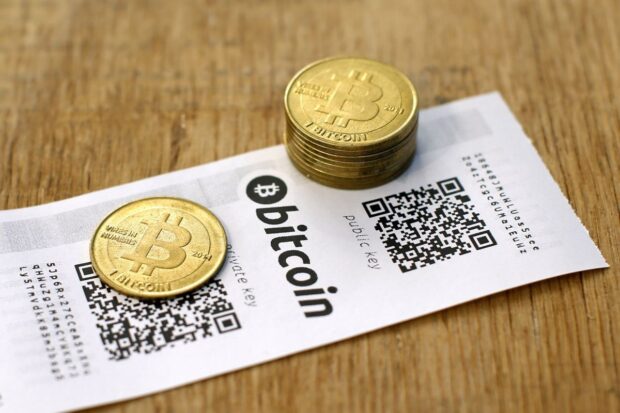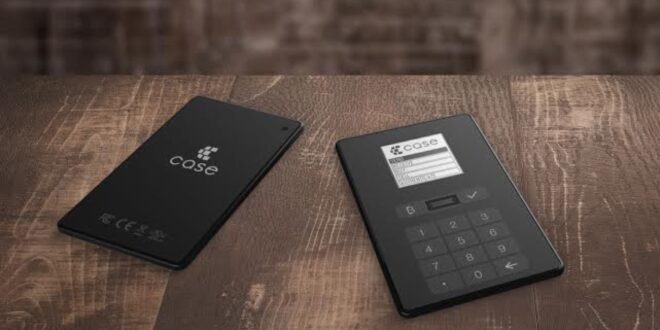Cryptocurrencies are becoming an increasingly popular means of payment all around the globe. With the rise of digital, decentralized currencies such as BitCoin and Ethereum, many people are starting to invest in virtual money. In fact, some economists believe that this may be the definite future of money itself.
If you’ve just started buying crypto, you’ve probably noticed there are a couple of ways you can store your digital money, all of which have to do with something called a „digital wallet“.
Here we’ll explain how these work to help you get your crypto journey started properly.
So, without any further ado, let’s get right to the bottom of it!
Understand the risks.
Before we start exploring the different ways you can safely store your virtual money, we need to warn you about the potential risks. As with physical money, if your digital currency is not stored safely, it can get lost or stolen before you even know it. Because you’re the owner, the responsibility of keeping your funds safe is completely on you. You cannot rely on a third-party service to do the job for you.
The most common ways hackers and other malicious individuals are trying to steal your data (and your digital currencies) are through methods known as phishing and social engineering. If you’re not aware of these terms, let us explain them in some more detail.
Phishing vs Social Engineering

Phishing consists of „fake“ websites, forms, or any other online activities that require you to reveal your private data such as your e-mail, phone number, or anything that can be used to identify you and break into your accounts. These usually look quite „normal“ at the first glance, but their URLs will always have something a bit wrong about them. So, if you get an e-mail from a supposed crypto exchange service that requires you to click on a link and send out your personal data, check the URL.
Social engineering is a similar type of cyber attack, but it’s much easier to spot. It’s usually scammers trying to either guilt trip you into giving them your information (or sending them money) or make you believe you’ll be rewarded for your efforts. These types of scammers are particularly fond of crypto due to the anonymity it provides.
Either way, if you’re not prepared to work on securing your digital currency yourself (by setting strong passwords, keeping your information to yourself, etc.), not even the most secure wallet in the world will help you. Always remember that.
Storing your money in a hot wallet.
Hot wallets are by far the most common type of crypto storage, albeit not the safest one. They do provide comfort and convenience, as they’re extremely quick and simple to use, especially when it comes to online transactions. Be it as it may, they still come with a lot of risks involved. They’re not meant for storing large quantities of crypto – even if it’s a rare occurrence, you might have a chance to lose it all. You can find more information about it here, if you’re interested.
We advise you to use this type of wallet for smaller amounts of money to satisfy your basic online shopping needs. Again, the risks of getting hacked are low, but they are still there.
Storing your money in a custodial wallet.

Custodial or exchange wallets are exactly what the name suggests – third party stores your crypto for you. It’s the most convenient way of storing crypto if you’re planning to trade it. Most platforms offer you to choose whether you’d like to store it in a cold or a hot wallet (or the combination of the two), so make sure to check it all out first.
When it comes to custodial wallets, the most important thing is to look for a quality provider. Some of them will let you transfer your funds to your own wallet, but others don’t allow for the funds to be taken outside the platform itself. If this is something that bears importance for you, make sure you’ve done your research before you’ve chosen a broker.
Storing your money in a cold wallet.
Cold wallets are one of the ways you can store crypto offline. This makes them incredibly secure, as the risk of hackers stealing your data is non-existent. Even though it’s not the most convenient nor the cheapest option out there, it’s the only way you can store your digital currency without much worry.
We recommend using cold wallets to store large amounts of crypto to ensure it all stays safe and secure.
Look for cold wallets that come with integrated software if you’d like to make the process of exchanging crypto as painless as possible. You’ll also get something called a recovery phrase, which is how you’ll access your funds if you lose your hardware. Remember to keep this phrase to yourself and never share it with anyone.
Storing your money in a physical (paper wallet).
Another way to store digital currencies offline is by using a physical wallet. It’s essentially a printout of your keys (both public and private), most commonly in the form of QR codes.
Now, this one is the least common of all storage options, and there’s a good reason behind that fact. Paper wallets are extremely inconvenient and difficult to use. We believe that investing in a cold wallet device is simply a better option, even though they provide similar security benefits.

The bottom line
There are many ways you can store digital currency safely. The most recommended by far is a cold wallet, but you can always use a combination of different types of storage options for maximum efficiency and convenience.
Whatever you do, make sure you research the different options and providers as carefully as you can before proceeding. Never take any unnecessary risks if you can help it and stay safe when exchanging crypto online.
We hope our article helped you understand the topic in question a bit more and we wish you the best of luck in all of your future endeavors.
 Comeau Computing Tech Magazine 2024
Comeau Computing Tech Magazine 2024




